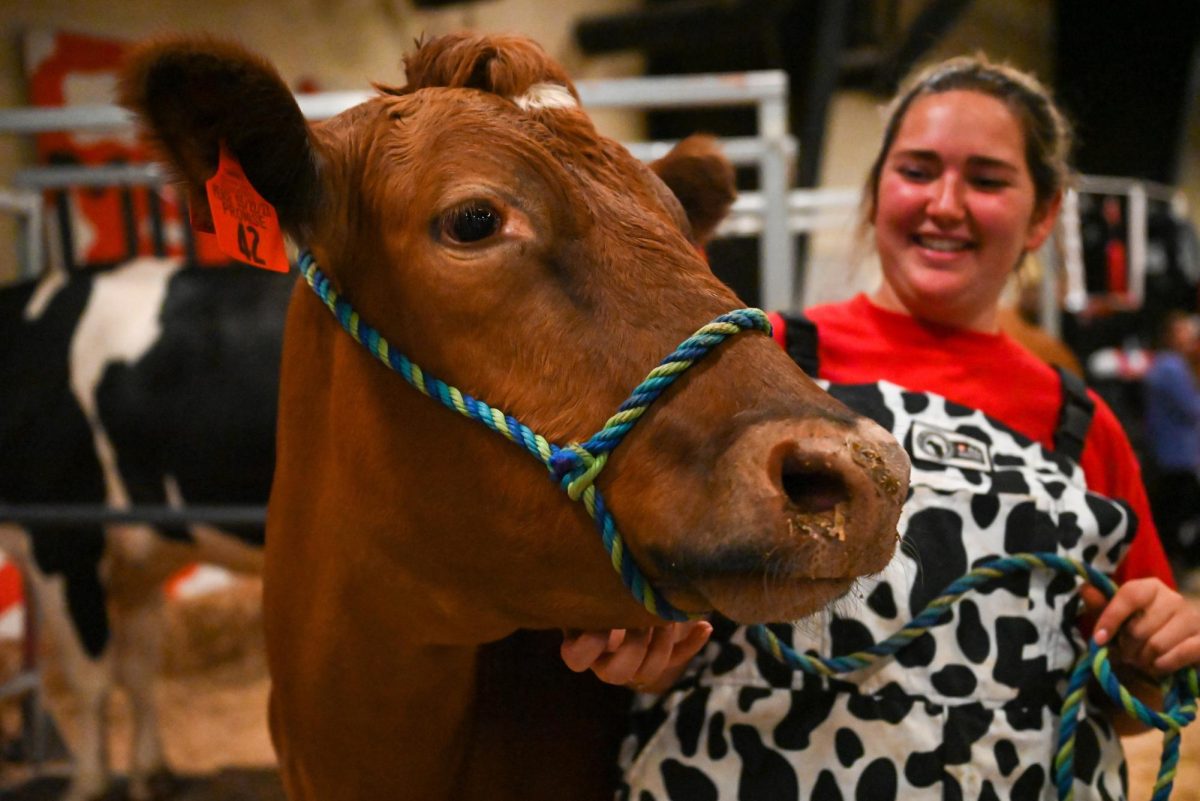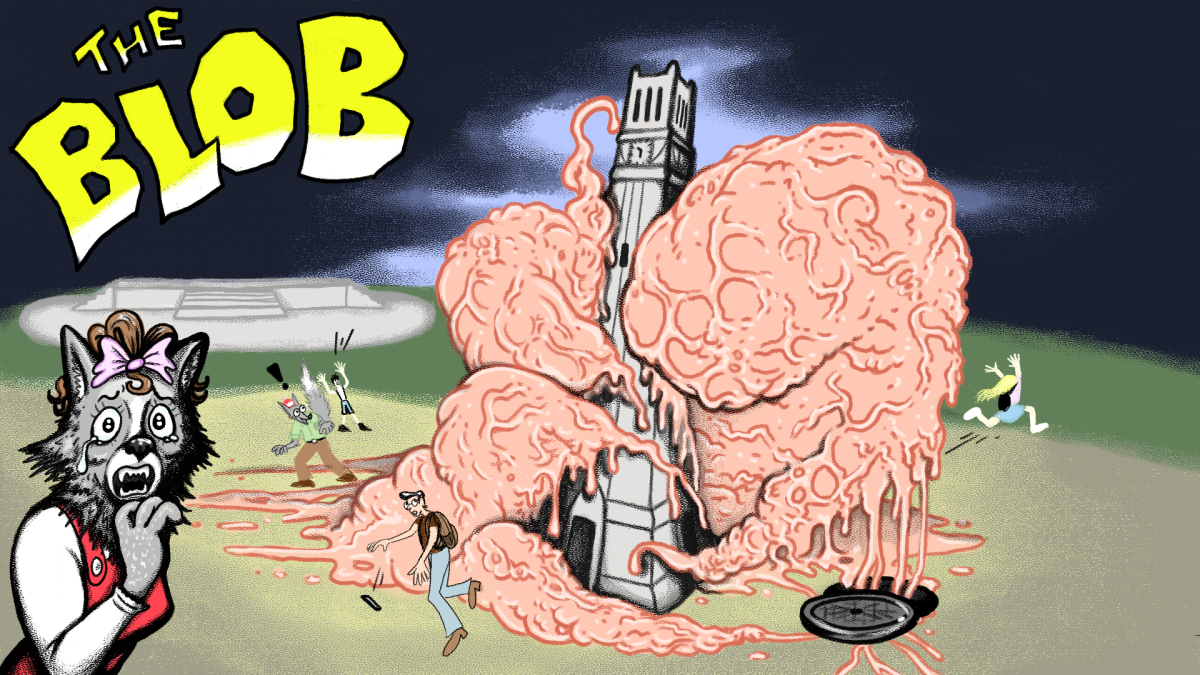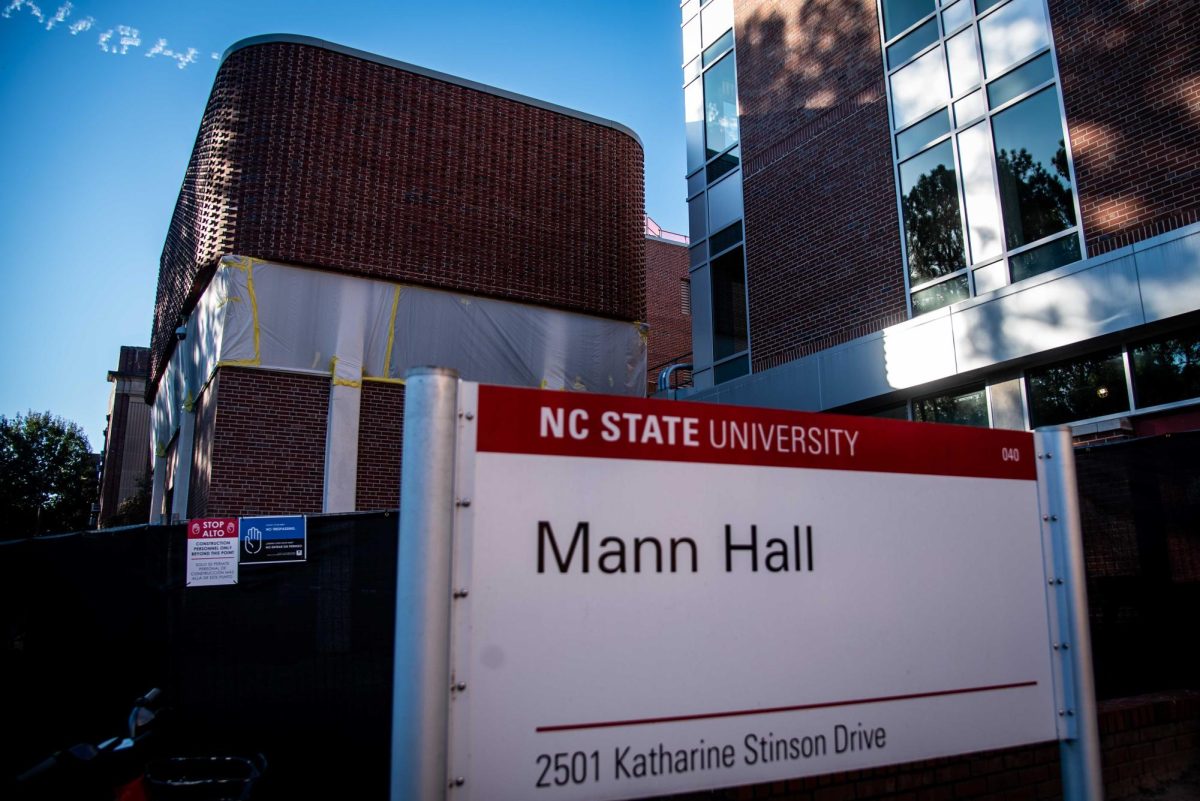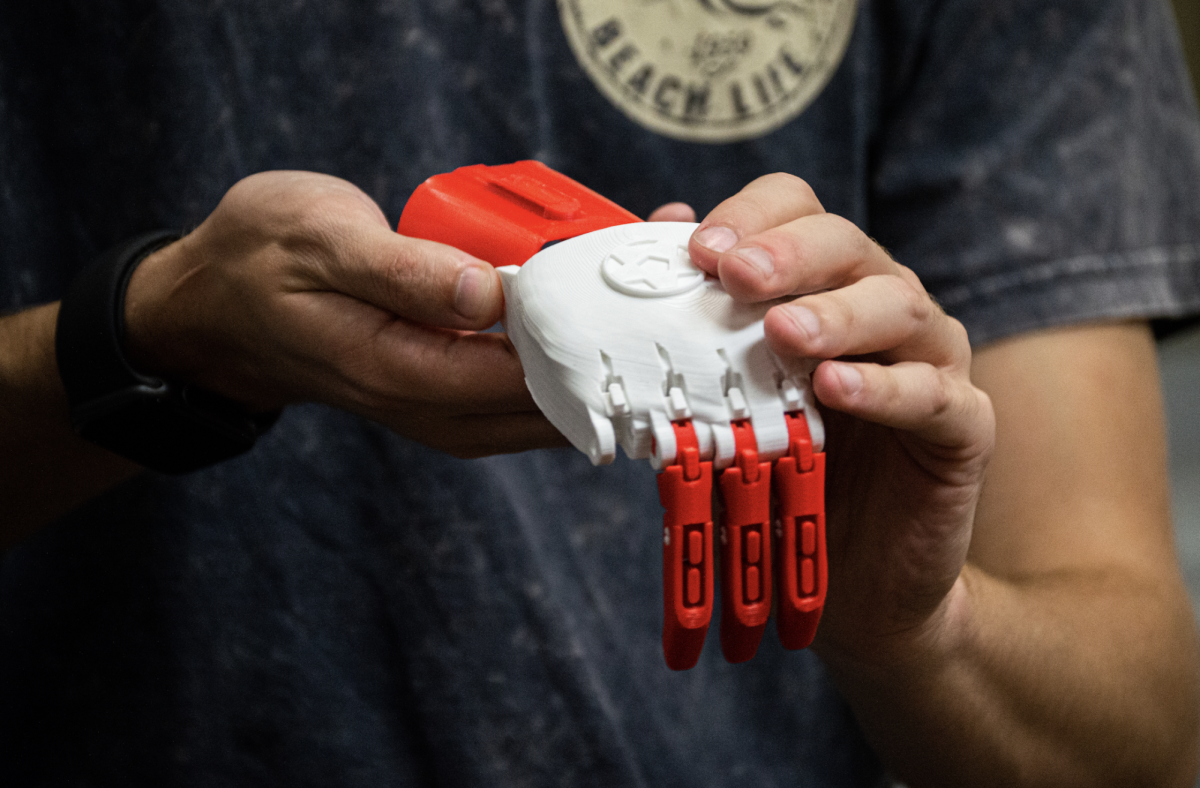NC State has frequently partnered with the North Carolina State Fair since the University’s inception, and this year has been no different.
The University partners with the fair annually, using events to further agricultural research and raise public awareness. The NC State Agricultural Institute brings many different events to the fair that showcase different aspects of agriculture and educate the general public on where their food is coming from.
Lee Ivy, director of the Agricultural Institute, said most agricultural aspects of the fair can be linked to the University.
“Pretty much all the different things that are exhibited at the fair, related to agriculture, [NC State] has had some type of participation in, or some type of influence over,” Ivy said.
The North Carolina State Fair has many different vendors that showcase a variety of agricultural goods. These hands-on exhibits are available to all fairgoers and are meant to be a form of education among the fun.
Madi White, a fourth-year studying animal science and the executive coordinator for the NC State Animal Science Club milk booth, said the purpose of their hands-on booth is to show people where their food is coming from.
“This is the only hands-on interaction booth that is available to the public, and we have almost 5,000 people a day come through,” White said. “It really just gives people the opportunity to learn about the cows, touch a cow and learn where their milk comes from.”
The milk booth holds multiple cows, raised by NC State students, that are available to be milked, petted or just to look at. White said this booth has helped raise awareness about the origins of the products people consume.
“We specifically milk our cows here at the animal science club booth, and it’s used as a hands-on aspect to teach people where their food comes from, what dairy products look like,” White said. “Most people don’t know what goes into milking our cows or what it feels like, what it looks like … fair goers have a special opportunity to see what a milk pole looks like, the process, and relate it back to the large-scale industry as well.”
The Agricultural Institute partners with different organizations in everything from honey and pumpkins to cattle, sheep and tobacco. Ivy said the goal of these partnerships is to educate the general public about agriculture.
“We want the general public to understand what agriculture really is and how it is the number one industry in the state of North Carolina,” Ivy said. “One in six people is into agriculture, either in production or some type of allied industry. So it’s a big entity for North Carolina. We want people to know about that.”
Ivy said students in the Agriculture Institute are given the opportunity to see their work on display at the fair and the impact it has on the public.
“[Students] get to see the science and the art of agriculture on display. And a lot of our students will really get a lot of pride in what they’re doing,” Ivy said. “They get excited about what they study when they can see that it’s part of a much bigger goal, much bigger endeavor. They’re part of the number one industry.”
Ivy also said other goals of the Agricultural Institute’s partnership with the fair are to inspire and empower the general public about all things agriculture.
“Some people might even be empowered to start some type of agricultural venture,” Ivy said. “Maybe it’s growing from a tomato on a patio in a container. That’s their first entry level to maybe even visiting some of their local farms, trying to support those maybe buying local food, supporting some of those local farmers,”
Students often connect their hands-on experience at the fair to what they later learn in their classes, White said.
“Through the freshman year intro courses, [students in the animal science club] are learning about how to handle these animals, the basic nutritional requirements. And then throughout some of their upper junior and senior year courses, they make those connections of what they’re learning at the fair, what they’re seeing at the fair,” White said.
White said students in the animal science club who work the milk booth can help clear up facts about agriculture that tend to be misinterpreted by the public and media.
“It prepares them on communicating with the public and how to teach these people that maybe misconstrued from the media and how to debunk those ideas that might have come across the wrong way,” White said.
Ivy said the main takeaway of the institution’s work with the fair is to show people the care and love that goes into agriculture.
“I would hope that people would walk away with a greater appreciation for the people that produce their food, and knowing that there are people that really care about what they’re doing,” Ivy said. “They care about the safe and careful handling of animals. They care about food safety. Those are all things that we as a university and we as a college would love for people to appreciate more.”
White said the main goal of the milk booth is to help fairgoers connect with the products they are buying and inspire a deeper understanding of agriculture in them.
“I really hope that fair goers are able to appreciate … but also be able to learn where their food comes from. I feel like that’s a big piece that is missed whenever people go to the grocery store,” White said. “I know they don’t see the whole farm process side of it, but just really getting that hands-on experience makes that connection a little bit easier, and they’re able to appreciate the product that they’re getting a little bit more.”





